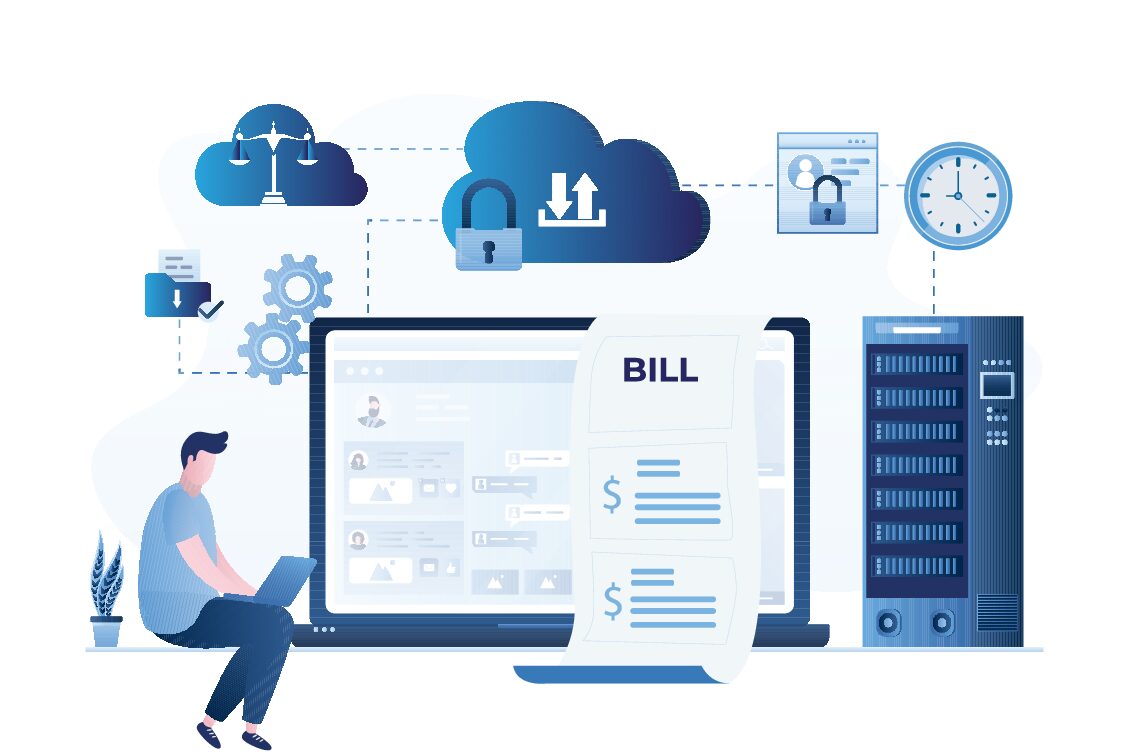Every successful business maintains training goals and requirements for their employees. These may include general office skills, safety regulations and leadership training. Law firms have the added responsibility of managing Continuing Legal Education Credits (CLEs) to ensure that each partner and associate complies with their yearly requirement.
While some firms leave this responsibility up to the individual employees, it can be far less time consuming and problematic to create a practice-wide system of ensuring CLE compliance. The following are some useful tips on developing a management system for training requirements.
- Compile a database to keep track of each partner and associate’s CLE requirements. For a small practice, this task may be an easy one to complete. But if your firm operates in different states, make sure that you take the time to learn the requirements of each relevant state bar association. You may even have a situation where a single attorney is licensed in multiple states. Review the regulations of each jurisdiction to ensure her good standing in all of them.
- Set a schedule for completion of credits. There is nothing worse than getting to the end of a reporting period and finding that half of your staff needs an exorbitant amount of CLE credits. Set up firm-wide requirements and space them out throughout the year to avoid last minute problems.
- Identify CLE opportunities. This takes some of the pressure off of your partners and associates. Make announcements about upcoming CLE trainings and assist with registration. You can even host some bar approved CLE trainings at your firm to make attendance easier.
- Keep detailed records. Follow up with your employees and obtain documentation of their CLE attendance, even if the provider of the CLE is sending proof of attendance directly to the state bar association. It is always good to maintain your own records, just in case any compliance questions arise in the future.
Your practice does not work without licensed attorneys and your attorneys cannot maintain their licenses without taking required CLE courses. Make an effort to set up a comprehensive CLE management system, so you can rest assured that your firm is in complete compliance.
About Erika Winston:
Erika Winston is a Virginia based writer with a passion for all things legal. As a former domestic relations attorney, she understands the challenge of determining the best fee structure for your practice. Erika is a regular contributor to TimeSolv and a variety of other publications.

















